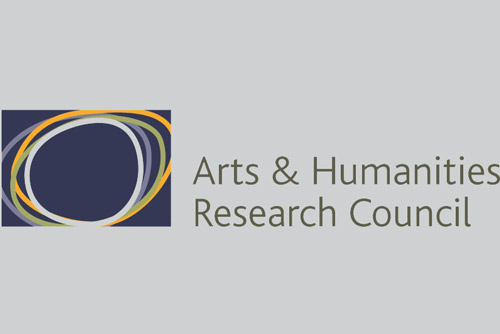Peter Coates, Professor of American and Environmental History at the University of Bristol, who is the project's academic lead, explains: "Bristol is home to world-class film-making. Since the Natural History Unit was set up in 1957, some of its programmes have reached an audience of over half a billion world-wide. The Unit and local production companies – some of which were founded by former Natural History Unit staff - have led the way on innovation and crafting a new way of seeing and hearing the natural world around us."
Programmes such as Springwatch, Natural World, Deadly 60, Planet Earth 2 and the many other films to come out of the Natural History Unit have set the global standard on telling the story of wildlife and our relationship with the natural environment.
Researchers will be interviewing producers at the BBC, in associated local independent production companies, as well as international players in the industry. They will also be looking at the Unit’s archive to develop a more detailed picture of the innovations that have seen wildlife filmmakers pioneer filming techniques.
This twenty-month project will record the huge changes and advances in the way that wildlife is captured on camera and the role of multiplatform approaches and social media to sharing content about the natural world. It will also delve into how filmmakers develop their ideas and thinking, and how this thought-process works.
Tim Scoones, Executive Producer at the BBC Natural History Unit and editorial lead on Springwatch, among other series, says: "We always strive to foster the most profound response and connection possible between our audiences and the wonder and fascination of the natural world. On Springwatch, we aim to take this even further, to get people actively involved with nature in their everyday lives.
"This important study will give us great insights into where natural history programming - on TV and now increasingly on the web, on social media, and via on the ground partnerships - has sat in people’s perception and understanding of nature. It will also show us how this role has changed over time, giving us all-important indicators of how these relationships are evolving and how we might best position ourselves as effective broadcasters in the new, modern, digital age of communications."
Julian Hector, Head of the BBC Natural History Unit, adds: "This is a great story of local collaboration in Bristol, to deliver findings that will have national and global reach. As well as being directed at academic journals, the project's findings will be disseminated through University of Bristol and BBC websites, and spread in-house at the BBC to meet a variety of needs, from internal training to public outreach. Findings will also be delivered in the form of guest sessions for students at the University of Bristol and also students on the MA course in Wildlife Filmmaking at University of the West of England."

